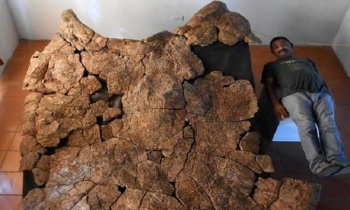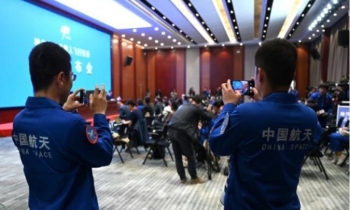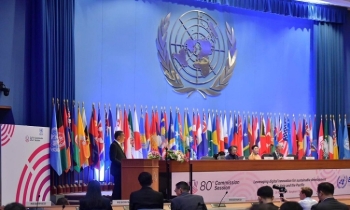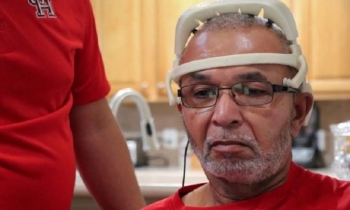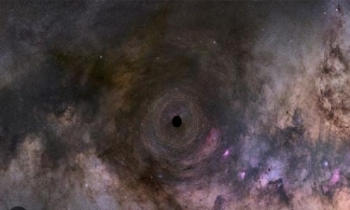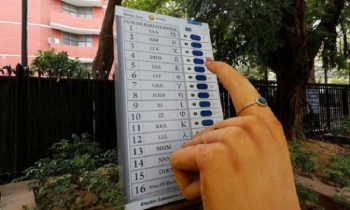Twitter to remove images tweeted without consent
BI Desk || BusinessInsider
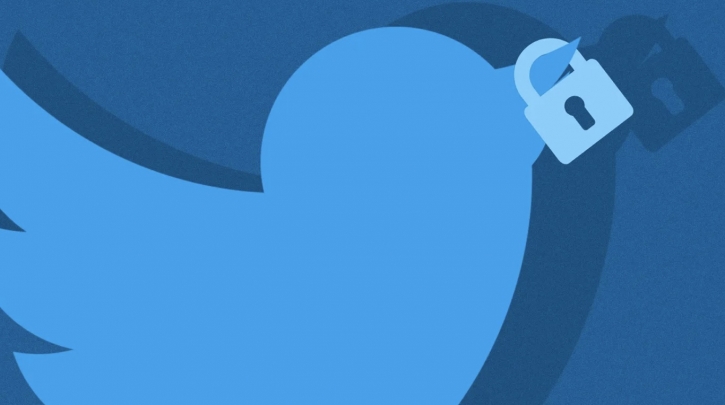
Picture: Collected
Twitter has said images or videos of private individuals shared without their permission are now against its policies and can be removed on request.
The new rule is an extension of policies to prohibit ‘doxxing’ - the publishing of private information such as home addresses, without consent.
Critics say the rule is too broad and could be "used to deliberately stifle free expression on the platform", reports BBC on Wednesday.
But Twitter said it would consider the context in which images were posted.
For instance, it would take into consideration whether an image was publicly available, on news websites or "if a particular image and the accompanying tweet text adds value to the public discourse, is being shared in the public interest, or is relevant to the community".
Before removing images or taking enforcement action, Twitter said, it must be notified by the "individuals depicted, or by an authorised representative, that they did not consent to having their private image or video shared".
Much of the reaction to initial tweets announcing the new policy was critical.
In subsequent posts, the company said it aimed to stop images and video being used to "harass, intimidate and reveal the identities of private individuals, which disproportionately impacts women, activists, dissidents, and members of minority communities".
Twitter said, "Images/videos that show people participating in public events - like large scale protests, sporting events, et cetera - would generally not violate this policy."
And it "is not applicable to media featuring public figures or individuals when media and accompanying tweet text are shared in the public interest or add value to public discourse".
A public figure could include anyone written about in the press, elected officials and political leaders, celebrities, top executives, news broadcasters and reporters and other public speakers, Twitter said.
The policy would also not apply to individuals who are the subject of public conversations online or offline.
But if the intention was to "harass, intimidate or use fear to silence them, we may remove the content, in line with our policy against abusive behaviour".
The non-consensual posting of nude images was also already prohibited.
The company added it recognised users may share images or videos of private individuals "in an effort to help someone involved in a crisis situation, such as in the aftermath of a violent event, or as part of a newsworthy event, due to public interest value, and this might outweigh the safety risks to a person".
But campaign group Big Brother Watch said the policy would be misinterpreted and probably abused.
Legal and policy officer Mark Johnson told BBC News, "Whilst well intentioned, Twitter's new policy is badly written and overly broad.
"It will inevitably result in vast swathes of censorship online.
"This new rule will be abused and used to deliberately stifle free expression on the platform."

